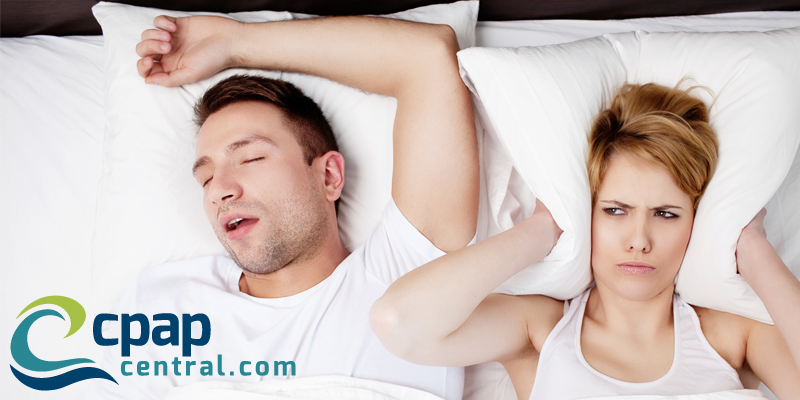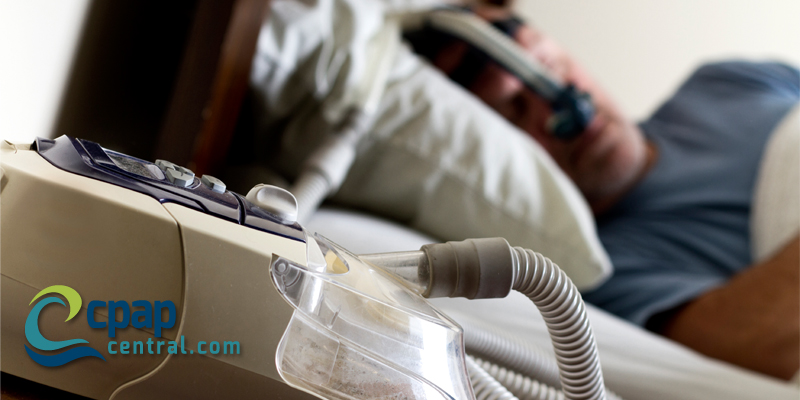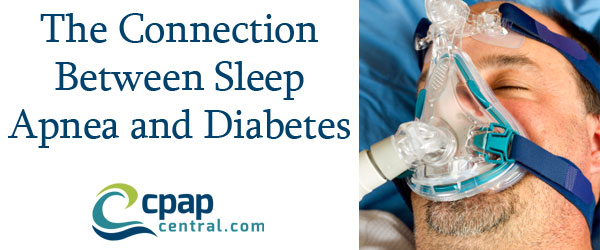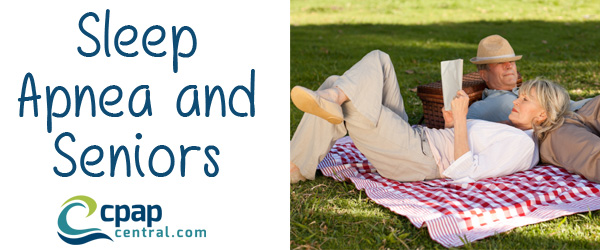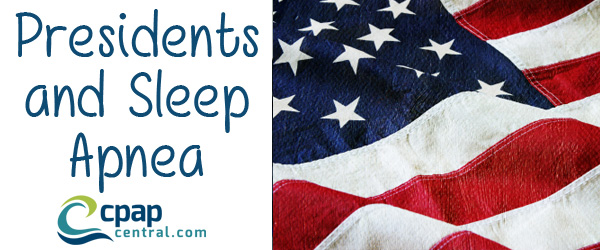
It’s the holidays, which means lots of goodies are around the house. But, before you leap out of bed for a midnight snack, CPAP Central wants to warn you that some foods can have a bad impact on your sleep, especially if you are a CPAP or BiPAP user.
Be especially careful of what you eat right before bedtime. Eating spicy foods and rich foods can rev up your metabolism and make your body work harder. It may take your body longer to digest these foods and interfere with your comfort and sleep. Those same spicy and fried foods can also cause indigestion and trigger heartburn or acid reflux, especially when you lay down to sleep. These foods should be consumed in moderation and not in the late evening.
The amount of food you eat can also affect your sleep apnea therapy for many of the same reasons. Even if the dinner you had was not fried or spicy, quantity can hurt you too. That all-you-can-eat buffet may have seemed like a great idea at 6 o’clock, but will seem less great at 10, 11 and 12 o’clock when you can’t sleep.
Watch your liquids, especially the caffeinated and sugary ones. Drinking the recommended eight glasses of water every day is good for the body, but drink them early, stopping no later than dinner time or you’ll be making trips to the bathroom instead of sleeping. Learn your caffeine limits too. For many people, even one cup of coffee after a certain hour of the day can keep them wide awake at bedtime. Caffeine sometimes has a reverse effect on people too. It can still keep you awake, but a little drowsy in the process; your body can’t decide whether to fall asleep or stay up.
CPAP Central offers products from some of the biggest names in sleep apnea equipment. Take a look at our online catalog today!

